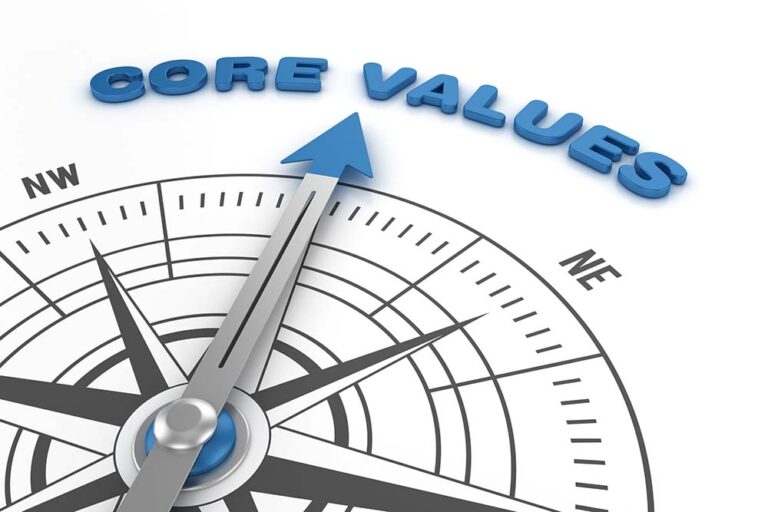Everyone knows a manager who excelled at all the technical aspects of their job and was promoted based on that success. But soon comes the realization, either by colleagues or to themselves: what got them here won’t keep them here. Leadership is more than doing a job well and then supervising others doing that job. What used to be considered “soft skills” are now essential to great leadership, in all industries, in all management positions.
An executive coaching client checked several of the boxes of strong leadership but had one major flaw. He didn’t act as if he valued every member of his team. If he didn’t think the role was important to his current project or goals, he would not engage with the person in that role. In his 360-degree evaluations, peers and direct reports noted his tendency to not invite key people to meetings where decisions would be made. It happened repeatedly, causing communication breakdowns and offending colleagues. This flaw will significantly limit his ability to ascend in the organization and may result in him being released from it. Joe was tolerated by leaders because he produced results but coworkers who were affected by his behavior did not seek him out as a collaborator. While true leaders value every member of the team (not just the ones they like), help them grow and make sure they feel connect and purposeful in their work, Joe was a roadblock to those he excluded from meaningful engagement. The client engaged with us in the hopes that we could help to make him aware of his EQ areas of development via our 360º assessment and improve the team dynamic.
Having a high EQ enables leaders to value each employee for the abilities and contributions they make as individuals, respecting, supporting and empowering them to achieve.
If you’re not familiar with the term EQ, it means emotional quotient, or emotional intelligence. Understanding your business, its competitors and market challenges are important to success in a management role. That’s your business IQ. But having a high EQ enables leaders to value each employee for the abilities and contributions they make as individuals, respecting, supporting and empowering them to achieve.
As I work with executive clients to help them achieve a higher EQ, these are the seven critical skills we focus on:
- Self-Control. Here’s a sure sign of low self-control: temperature-taking. If employees are taking the temperature of their leader, determining the “right time” to deliver tough news or ask for something, they’re concerned about overreaction. Displaying impatience, raising voices and becoming defensive are all failures of self-control. Managing emotions and reactions may not come naturally to some. But to be approachable, leaders need to maintain poise and composure in the face of interpersonal challenge or threat.
- Trustworthiness. If an employee shares something in confidence, it needs to stay private. Holding everyone within your organization to the same standards, and not making exceptions helps build trust. As my colleague and I discussed in our discussion about leadership lessons, we note that leaders need to recognize and own their mistakes. Trust is built through consistent interactions over time. Never forget that it can be lost in a moment.
- Interpersonal Sensitivity (Empathy). Recent research shows that empathy is one of the most critical skills leaders need today. Empathetic leaders can see solid results from this previously considered soft skill, like greater engagement, higher levels of innovation, and better retention. There’s often the misperception that it’s only about connecting with employees on personal topics. That is part of it, but primarily, it’s recognizing each individual and what they need to be most effective in their role.
- Team/Interpersonal Support. This isn’t about annual reviews. Ongoing and timely feedback about job performance is essential for everyone. If you are getting to a mid-year review with no prior feedback or conversation about goals and progress, you’re not providing consistent guidance and coaching. Embrace teachable moments. If you’re a leader who has gone a week without providing formal or informal feedback to a member of your team, you’re falling down on the job.
- Listening/Verbal Communication. These are two critical skills that go hand in hand. I’ve written with a colleague about best practices in listening and note that it’s anything but a passive activity. It requires involvement and an ability to ask questions to get more information and observe body language to find what is not being said. It also requires good verbal communication after you actively listen to what an employee is sharing. Translate back to them what you’ve heard to ensure understanding. Ask about making a plan to move forward from that dialogue. The more you listen, the more you’ll hear that can be acted upon for the good of the employee and the organization.
- Two-Way Feedback. To raise EQ, employee performance feedback needs to come from all levels of a team. How we view ourselves in our work function may not be how others view us. Valuable information from peers and direct reports can help us not only work more effectively, but help others achieve more as well. This applies in everyday problem-solving as well. Managers can engage in a back-and-forth with direct reports to determine a best course of action. They have to be willing to take input as well as provide it.
- Building Strategic Relationships. There’s a lot of talk about work not being a “family” and that’s true. But it is a community, and in community, we all have a responsibility to one another. Touching base about projects you know have impact on other groups, offering help when your skills could prove valuable, and contributing to the collegiality of your team are all ways to build strategic and substantial relationships at work.
Embrace teachable moments. If you’re a leader who has gone a week without providing formal or informal feedback to a member of your team, you’re falling down on the job.
EQ can help or hinder you.
Over my 30 years of coaching, I’ve found this to be true. I once worked with an executive who wanted to promote a member of her team because this individual proved themselves loyal and capable of accomplishing goals. However, the individual was also known for being aloof, a poor communicator and unable to communicate their thoughts to the team in an actionable manner. They got things done, but often at the last-minute, leaving people feeling over-worked and stressed. Team morale had become an issue. But the leader didn’t want to address these shortcomings and brushed them off in her quest to secure the promotion for the direct report. In this situation, the leader lost the ability to listen to feedback, demonstrate objectivity and keep the business first. In short, this executive became untrustworthy because she continued praising an employee who violated basic norms of healthy leadership behavior. The executive’s supervisor began questioning her instincts, something that could have long-term negative impact.
In our session, I asked her to think about how this promotion would reflect on her as a leader and what message that would send to her organization. Her other direct reports may view her as having poor judgment, and worse, not care about their negative interactions with the employee in question.
Where did that leave her EQ? It was clear that she valued that this individual got things done more than how they got things done. If we plotted my client’s EQ on a graph, the trend was clearly downward. In future, I anticipated that if this blind spot remained, her own growth opportunities could be impeded.
The takeaway here is that when you promote someone who diminishes others, you will both be viewed as not caring about, or for, colleagues. There’s no room for a me-first attitude in leadership anymore.








